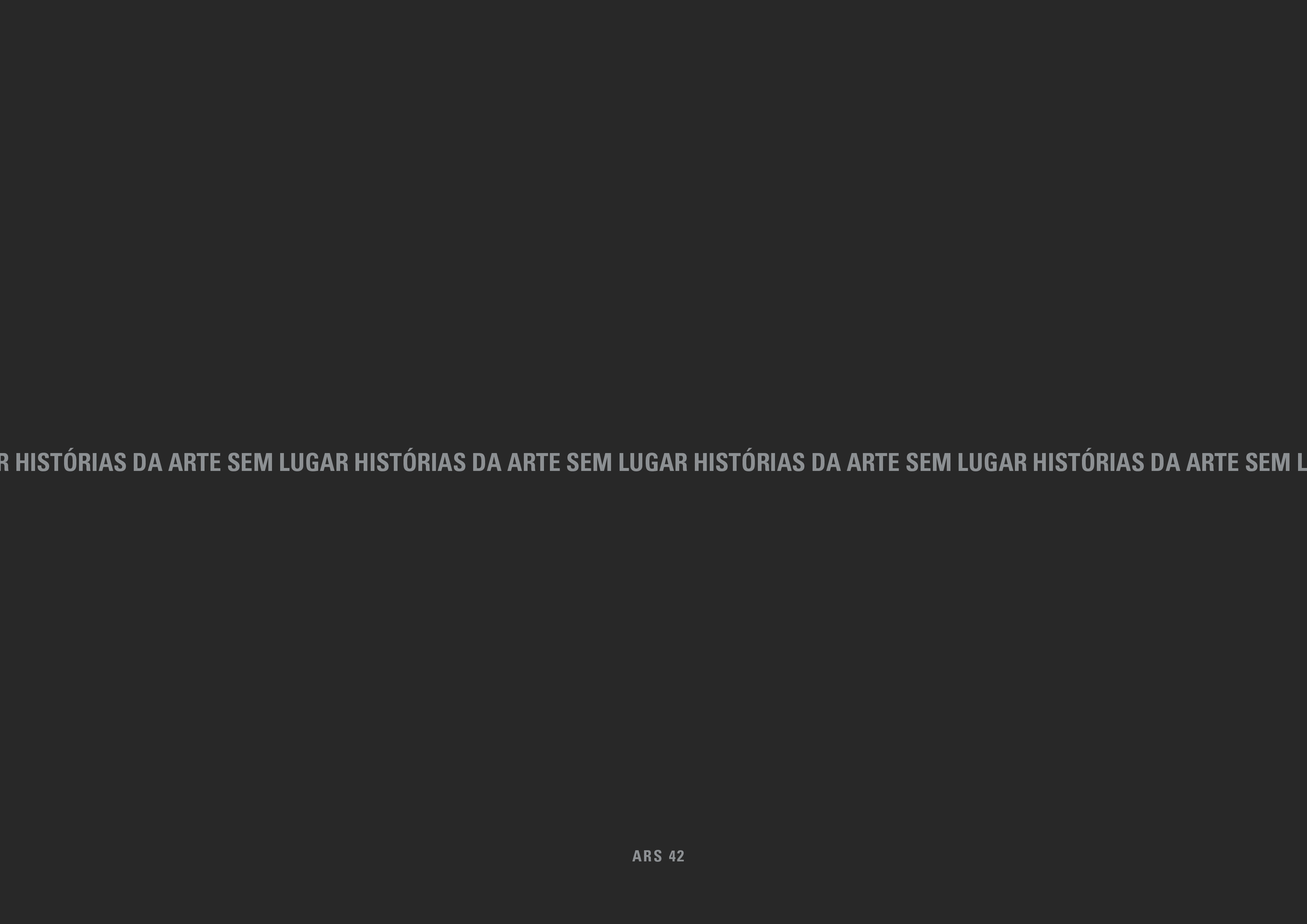Selfie: The Self-Portrait of the Contemporary Subject
DOI:
https://doi.org/10.11606/issn.2178-0447.ars.2021.180880Keywords:
Photography, Selfie, Neoliberalism, Democracy, SubjectivityAbstract
Social networks are sites for the exhibition of amateur photography, and a field for artistic experimentation. They are also apparatus that impact subjectivity and democracy, benefiting interests of neoliberalism. Moreover, they have generated a new chapter in the history of photography, the selfie, which demands an interdisciplinary methodology to be understood. This article proposes that the selfie refers to self-objectification. It investigates this hypothesis by departing from the theory of photography developed by Philippe Dubois, concepts from psychoanalysis, and diagnostics issued by Achille Mbembe and Giorgio Agamben. Last, the article analyses the use of the selfie by the artists Amalia Ulman, Aleta Valente and Cindy Sherman, discussing the limits of networks as a site for art.
Downloads
References
AGAMBEN, Giorgio. O amigo e O que é um dispositivo? / trad. Vinícius Nicastro Honesko. Chapecó, SC: Argos, 2014.
AMALIA Ulman: Excellences and Perfections. New Museum. Disponível em: https://www.newmuseum.org/exhibitions/view/amalia-ulman-excellences- perfections. Acesso em: 7 jan. 2021.
BARTHES, Roland. A câmara clara / trad. Manuela Torres. Lisboa: Edições 70, 2015.
BENKLER, Yochai. The Wealth of Networks: how social production transforms markets and freedom. Yale University Press: New Haven and London, 2006.
CAMUS, Albert. O mito de Sísifo / trad. Ari Roitman e Paulina Watch. Rio de Janeiro: Record, 2004.
DUBOIS, Philippe. O ato fotográfico e outros ensaios / trad. Marina Appenzeller. 14a ed. Campinas: Papirus, 2012.
FISHER, Mark. Realismo capitalista: é mais fácil imaginar o fim do mundo do que o fim do capitalismo? / trad. Rodrigo Gonsalves, Jorge Adeodato, Maikel da Silveira. São Paulo: Autonomia Literária, 2020.
FOSTER, Hal. O retorno do real: a vanguarda no final do século XX / trad. Célia Euvaldo. São Paulo: Ubu editora, 2017. p. 134.
FREUD, Sigmund. Introdução ao narcisismo: ensaios de metapsicologia e outros textos (1914-1916) / trad. Paulo César de Souza. São Paulo: Companhia das Letras, 2010a.
FREUD, Sigmund. O Inquietante. In FREUD, Sigmund. História de uma neurose infantil: (“O homem dos lobos”): além do principio do prazer e outros textos (1917-1920) / trad. Paulo César de Souza. São Paulo: Companhia das Letras, 2010b.
HAN, Byung-Chul. A salvação do belo / trad. Gabriel Philipson. Petrópolis, RJ: Vozes, 2019.
MANOVICH, Lev. Instagram and Contemporary Image. 2017. Disponível em: http://manovich.net/index.php/projects/instagram-and-contemporary- image. Acesso em: 7 jan. 2021.
MBEMBE, Achille. A crítica da razão negra / trad. Marta Lança. Lisboa: Antígona, 2014.
MBEMBE, Achille. Technologies of Happiness in the Age of Animism. Public open lecture for the students of the Division of Philosophy, Art & Critical Thought at the European Graduate School EGS, Saas-Fee/Switzerland and Valetta/Malta. 27 mar. 2016. Disponível em: https://www.youtube.com/ watch?v=nIijTCn8Gh4. Acesso em: 6 jun. 2021.
NIETZSCHE, Friedrich. O Nascimento da Tragédia ou helenismo e pessimismo / trad. J. Guinsburg. São Paulo: Companhia das Letras, 1992
ROLNIK, Suely. A cafetinagem da criação. Folha de São Paulo, Caderno Mais, 2 fev. 2003.
ROSENBLUM, Naomi. A World History of Photography. Nova York: Abbeville Press, 1997.
FILMES
Privacidade Hackeada (2019), Karim Amer e Jehane Noujaim, EUA, 113 min.
Roube este Filme II (2006), The League of Noble Peers, Reino Unido, Alemanha, 44 min.
Downloads
Published
Issue
Section
License
Copyright (c) 2021 Paula Braga

This work is licensed under a Creative Commons Attribution-NonCommercial 4.0 International License.
The responsibility for obtaining written permission to use in the articles materials protected by copyright law lies entirely with the author(s). Ars is not responsible for copyright breaches made by its collaborators.
The authors have the copyrights and grant the journal the right of the first publication, with the article licensed under the Creative Commons BY-CC License.
Licensees have the right to copy, distribute, display, and carry out the work and make derivative works from it, including with commercial purposes, granted that they give the due credit to the author or licensor, as specified by them.
Licensees compromise to inform the appropriate credit, provide a link to the license, and indicate if changes were made.
Respected the terms of the license, the licensors/authors are not allowed to revoke the conditions above mentioned.
After the publication of the articles, the authors keep the copyrights and the rights to republish the text exclusively in unpublished books and collections.



